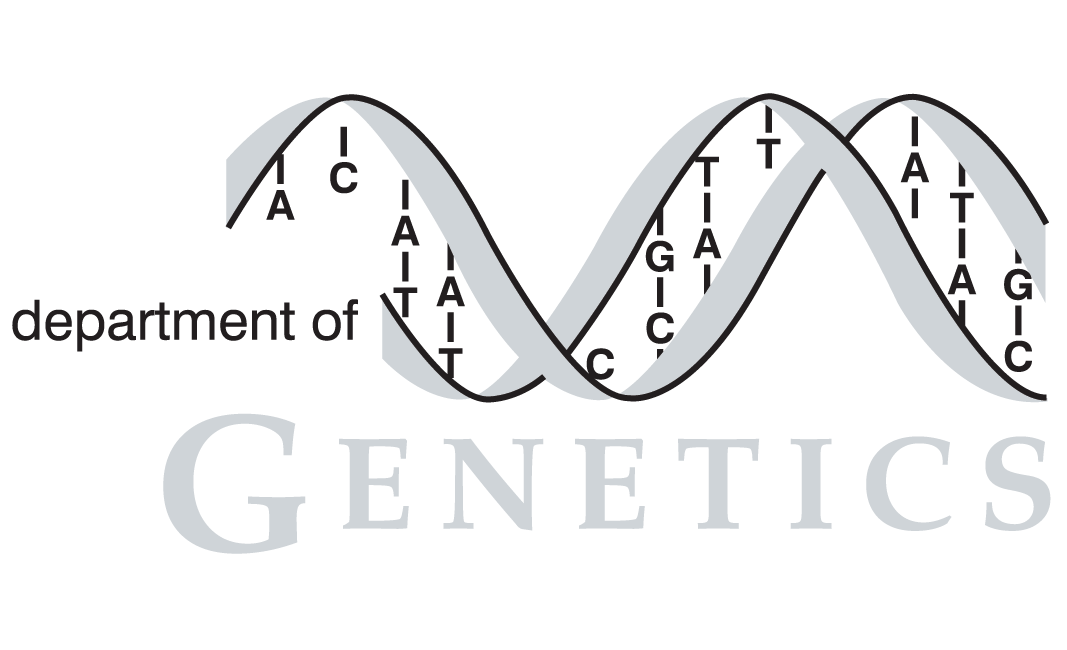| Citation | Ruenwai R, Neiss A, Laoteng K, Vongsangnak W, Dalfard AB, Cheevadhanarak S, Petranovic D, Nielsen J. Heterologous production of polyunsaturated fatty acids in Saccharomyces cerevisiae causes a global transcriptional response resulting in reduced proteasomal activity and increased oxidative stress. Biotechnology journal, 2011. |
| PubMed ID | 21184438 |
| Short Description | Heterologous production of polyunsaturated fatty acids in Saccharomyces cerevisiae causes a global transcriptional response resulting in reduced proteasomal activity and increased oxidative stress. |
| # of Conditions | 9 |
Full Description

|
Due to their health benefits there is much interest in developing microbial processes for efficient production of polyunsaturated fatty acids (PUFAs). In this study we co-expressed Mucor rouxii Delta(12) - and Delta(6) -desaturase genes in Saccharomyces cerevisiae, which resulted in a yeast strain that accumulated linoleic acid and gamma-linolenic acid in the different lipid species. Additionally, the strain contained higher levels of phospholipids and lower levels of ergosterol than the reference strain. Integrated analysis of the transcriptome revealed decreased expression of genes involved in ergosterol biosynthesis, but more unexpectedly it also pointed towards attenuated activity of the ubiquitin-proteasome system and a reduced oxidative stress response. In vitro and in vivo measurements showed reduced levels of all three proteasomal activities and also increased levels of reactive oxidative species in the PUFA-producing strain. Overall our results clearly show that PUFAs in yeast can be detrimental for several key cellular pathways, such as the oxidative stress response and proteasomal activity, suggesting that the membrane composition is of vital importance for these processes. |
Tags
 |
Contact: sgd-helpdesk@lists.stanford.edu


